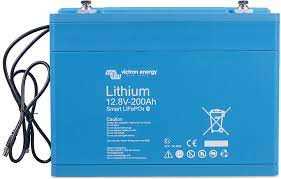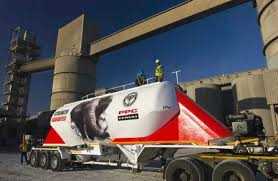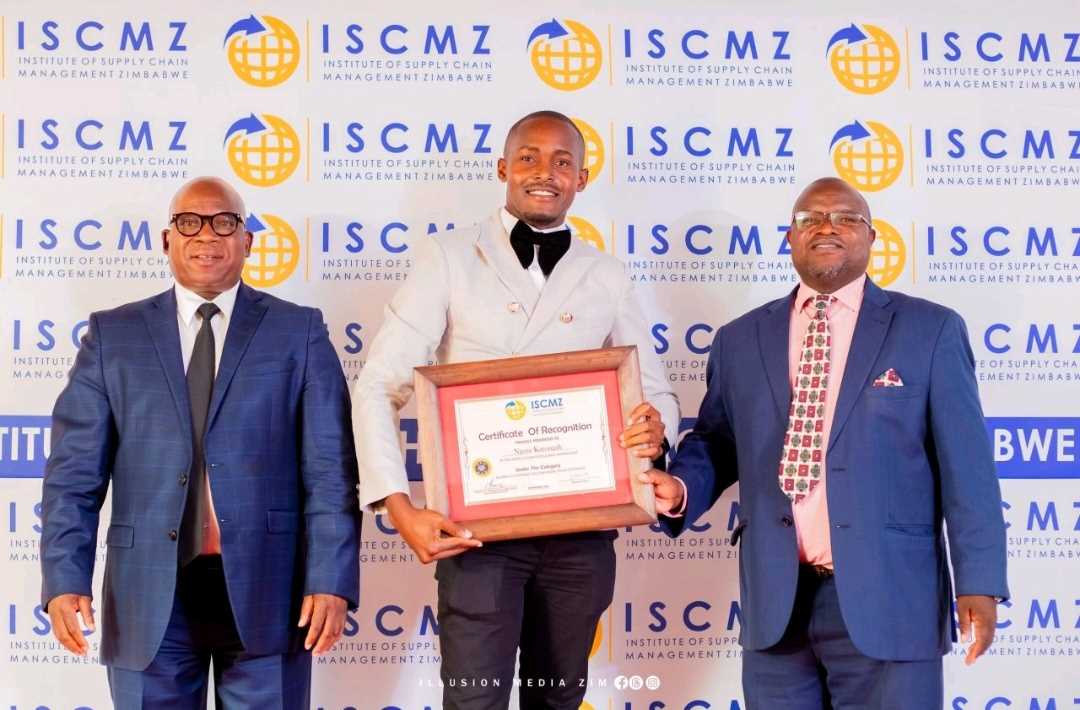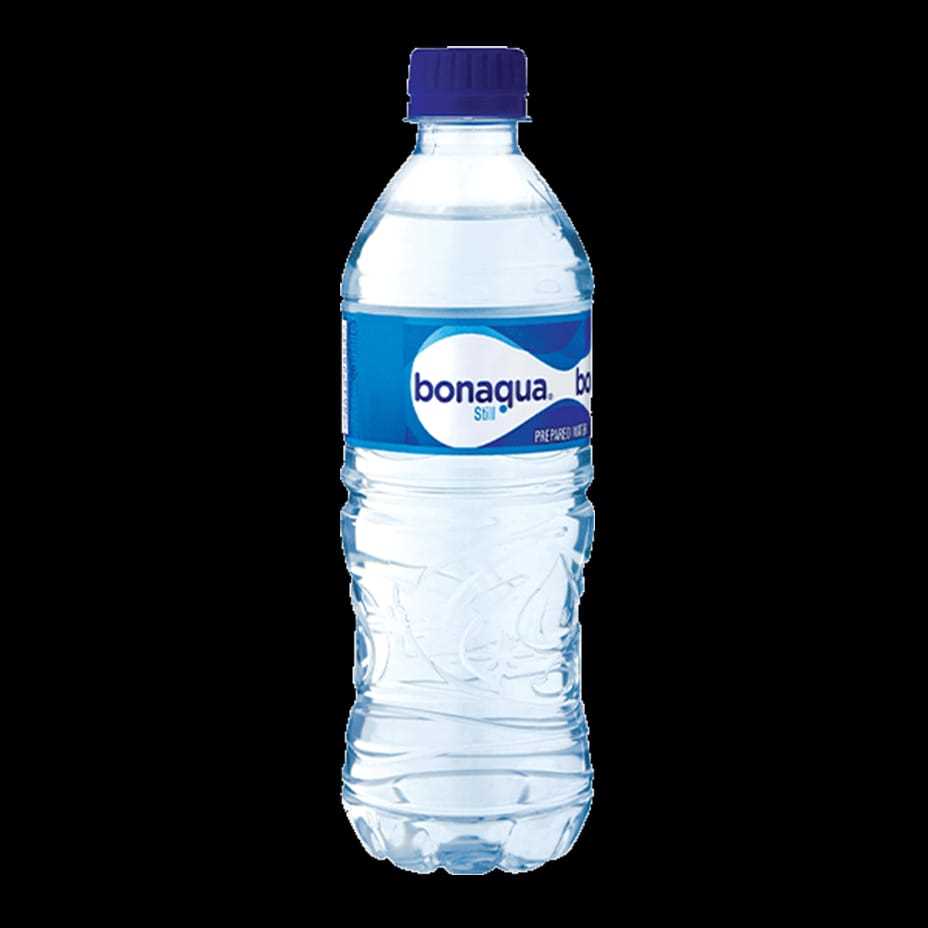
Chris Berry, president of commodities advisory firm House Mountain Partners in New York said if more countries follow it could have pricing implications on lithium worldwide.
Berry said this will not be instant as Chinese firms that made recent lithium investments in Zimbabwe will need to invest large sums and there is also the time factor.
“There is a great deal of capital required to build chemical conversion facilities outside of China, not to mention the two or three-year lead time necessary to actually complete construction and commissioning,” he said.
Zimbabwe has banned the export of raw lithium to encourage investment in local processing facilities. Its decision to ban raw lithium exports aims to make it a bigger player in EV battery production and support its clean energy transition.
Zimbabwe produced 1,200 tonnes of lithium in 2021, making it the sixth-largest miner globally behind Brazil (1,900 tonnes), Argentina (6,200 tonnes), China (14,000 tonnes), Chile (26,000 tonnes) and Australia (55,000 tonnes).
Related Stories
The African nation is the world’s sixth-largest producer and the largest lithium miner on the continent. The nation had the potential to supply up to a fifth of the world’s lithium needs.
Reports say that Zimbabwe lost US$1.8bn in mineral revenues due to unregulated artisanal mining, smuggling and “externalisation to South Africa and the United Arab Emirates.
Archie Mathibela, a Zimbabwe-based communications consultant, wrote early last year about regularisation.
“Electric vehicles are about to reach a tipping point in market penetration globally, and as a result investment in battery technology and production is rapidly rising,” Mathibela wrote.



















Leave Comments